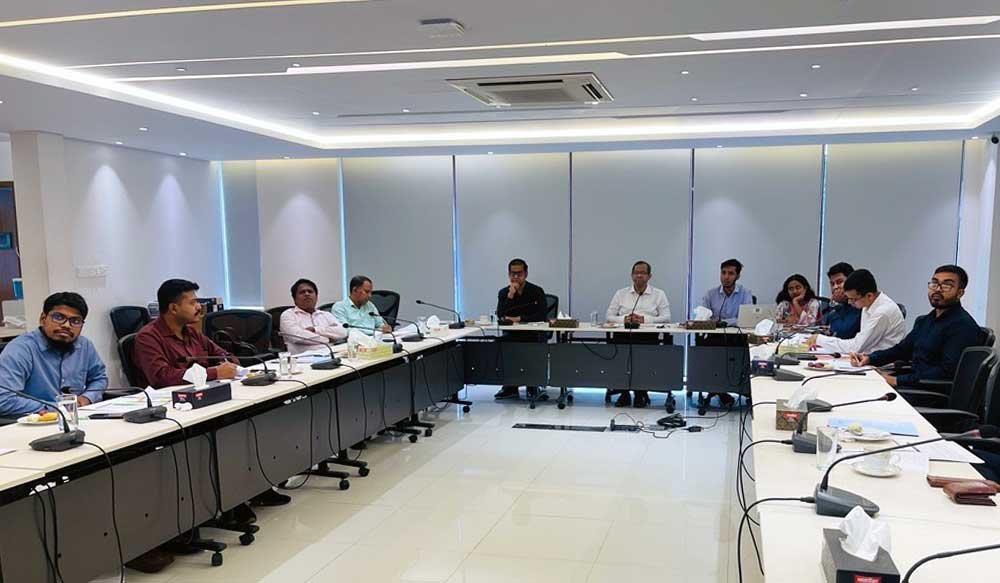
On 31 July 2025, the Centre for Policy Dialogue (CPD) hosted an Expert Group Meeting (EGM) to advance the conversation on local e-governance, with a focus on inclusion. The meeting, titled ‘Establishing Effective and Accountable Local Government E-Governance: Focusing on Youth, Women, and Marginalised Communities,’ aimed to address key issues surrounding the participation of underrepresented groups in digital governance.
This EGM is a part of the programme titled “Achieving a Peaceful, Just, and Inclusive Society through Enhanced Engagement of Civil Society and Citizens in Bangladesh”.
This programme is jointly supported by the Swiss Agency for Development and Cooperation (SDC) and Global Affairs Canada (GAC), facilitated by GFA Consulting Group GmbH, and implemented by CPD.
The meeting presented an upcoming CPD study exploring how e-governance at the upazila level can strengthen institutional effectiveness, citizen trust, and public service delivery. Anchored in SDG 16, the study aims to critically assess the inclusivity and responsiveness of digital governance systems and their impact on youth, women, and underrepresented groups.
Bangladesh’s progress in e-governance—reflected in its 2024 EGDI and E-Participation rankings—sets a strong foundation. However, the digital gender divide, low digital literacy, and rural-urban gaps remain pressing concerns. This study addresses these challenges through a robust methodological framework and participatory field research.
The Participants at the EGM examined whether there are any crucial dimensions of e-governance at the local government level that are missing in the current methodological approach. They also explored how emerging issues in local digital governance, particularly those affecting vulnerable groups, can be captured.
Another critical question addressed was what type of information should be prioritised in the primary and technical surveys to assess the functionality and inclusivity of local e-governance systems.
Moreover, participants discussed how the methodological framework can be aligned with SDG 16.6 and 16.7, focusing on transparency, inclusivity, and responsiveness. The group also deliberated on global and national benchmarks that could be used when evaluating local governance performance and how to ensure that the sampling frame remains nationally representative, while adequately covering youth, women, and marginalised populations.


